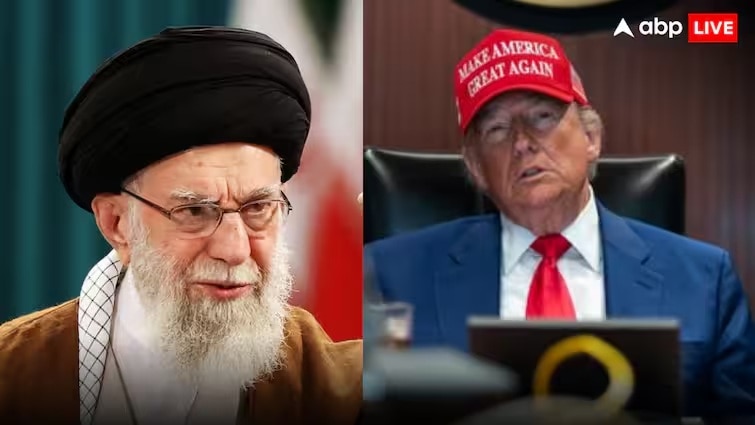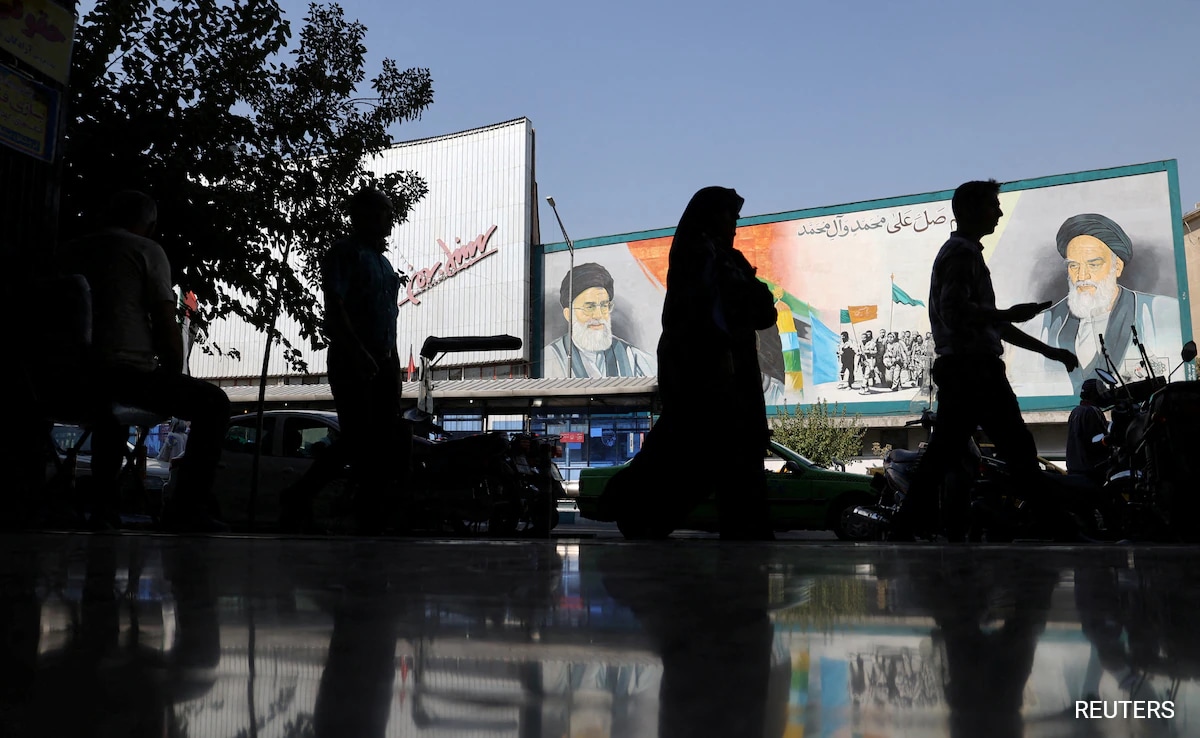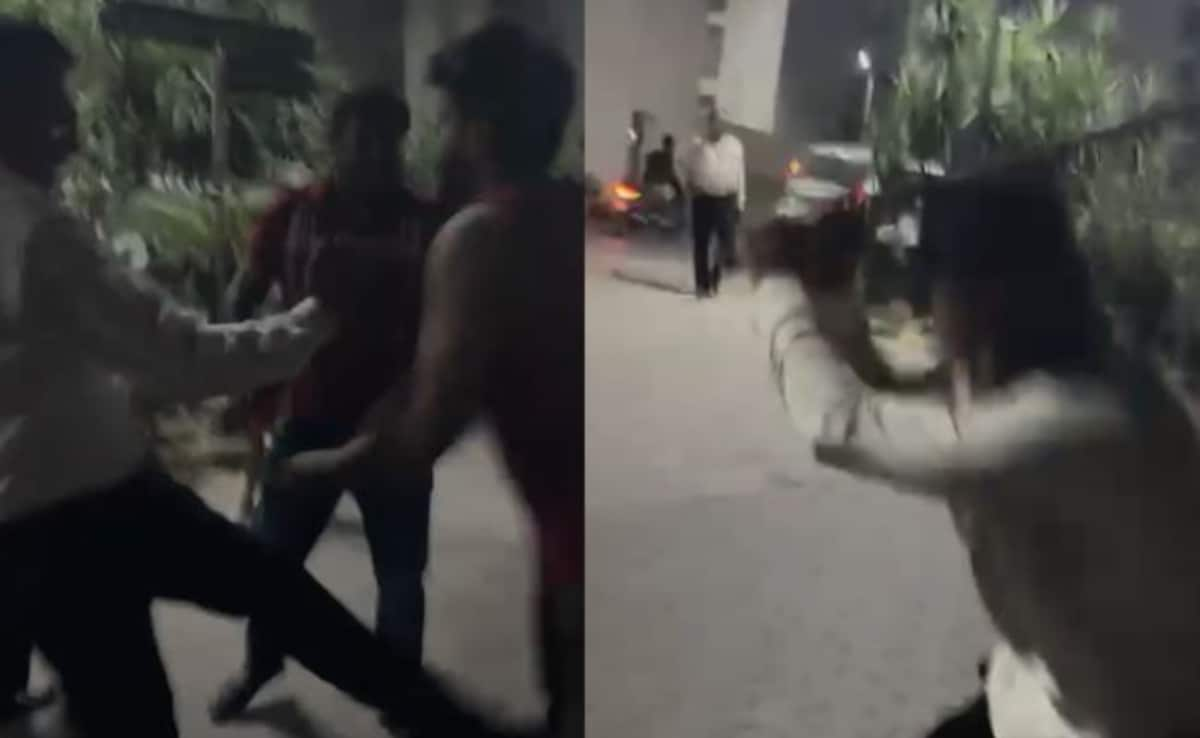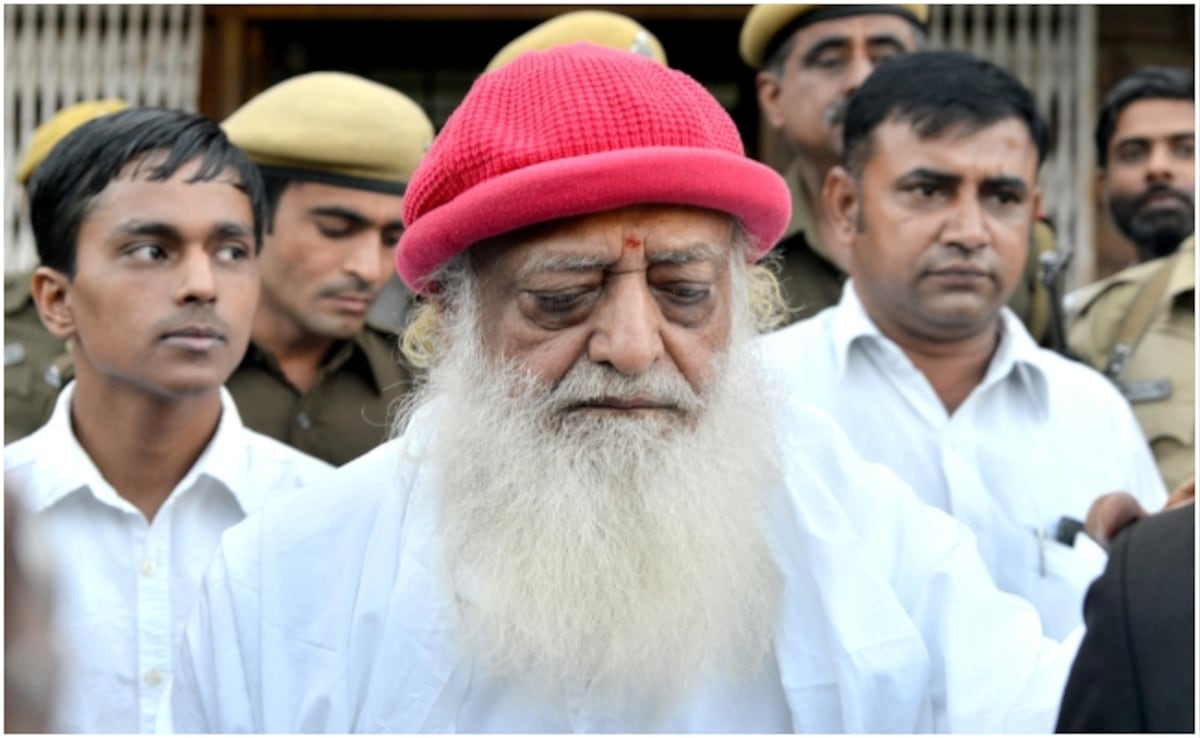<p>In a bold diplomatic move, the Trump administration is exploring a proposal that could unlock up to $30 billion in funds to help Iran build a civilian nuclear energy program—part of a high-stakes effort to draw Tehran back into negotiations, according to four sources familiar with the matter.</p>
<p>Behind closed doors, U.S. and Middle Eastern officials have maintained a discreet but active line of communication with Iranian representatives, even as military tensions have flared across the region. Those quiet talks have persisted this week following a tenuous ceasefire between Iran and Israel, sources told CNN.</p>
<p>At the heart of these preliminary discussions is a sweeping offer: relax some sanctions, unfreeze billions in restricted Iranian assets, and support the development of a peaceful, non-enriching nuclear energy infrastructure—on one firm condition: no uranium enrichment. That red line remains unchanged, even as multiple versions of a draft proposal circulate behind the scenes.</p>
<h2>Secret White House Meeting Fuels Diplomatic Momentum</h2>
<p>Last Friday, just one day before the U.S. launched military strikes on Iranian nuclear facilities, a pivotal meeting took place at the White House. U.S. special envoy Steve Witkoff met with Gulf allies for several hours, laying out the early contours of the potential deal, according to two sources familiar with the talks.</p>
<p>One of the more eye-catching proposals involves an estimated $20–30 billion investment in a non-enrichment nuclear program intended strictly for civilian energy use. While the funds wouldn’t come directly from the U.S. government, officials hope Gulf partners will foot the bill—a strategy floated during past rounds of nuclear talks.</p>
<p>“We’re prepared to lead these negotiations,” one Trump administration official told CNN. “But we’re not financing the program. That’s going to require regional backing.”</p>
<h2>Sanctions Relief and Site Replacement Under Discussion</h2>
<p>The proposal on the table doesn’t stop at energy development. Other potential incentives include easing sanctions and giving Iran access to $6 billion currently held in foreign accounts—money that Tehran has long been barred from using freely.</p>
<p>Another idea gaining traction: using U.S.-backed Gulf funding to replace Iran’s Fordow facility—recently targeted by American bunker-buster bombs—with a non-enrichment site. However, it remains unclear whether Iran would control the new site, or how seriously this idea is being weighed.</p>
<p>“There’s a lot of brainstorming happening,” one source close to the talks said. “People are trying to get creative.”</p>
<h2>Tense Backdrop, Fragile Ceasefire</h2>
<p>These diplomatic overtures come at a precarious time. Just weeks ago, a sixth round of U.S.-Iran talks—previously set for Oman—was derailed by Israel’s military assault on Iranian nuclear infrastructure. Since then, Washington has communicated with Tehran through intermediaries, including Qatar, which also helped broker the recent ceasefire.</p>
<p>The Trump administration’s message has been twofold: the latest U.S. strikes are limited in scope, and the path to diplomacy remains open—but only if Iran agrees to abandon uranium enrichment.</p>
<p>President Trump himself has appeared ambivalent in public. On Wednesday, he said he was open to negotiations with Iran “next week,” though Iranian officials have denied any confirmed talks. No official dates have been set.</p>
<p>“I don’t care if I have an agreement or not,” Trump told reporters. Still, officials close to him believe a lasting deal could help stabilize the volatile region.</p>
<h2>Signs of a Breakthrough—Or More Brinkmanship?</h2>
<p>Even as Trump tempers expectations publicly, those working the diplomatic channels see potential. “There are signs,” Witkoff told CNBC. “We’re having conversations. Multiple intermediaries are reaching out. I think Iran may be ready.”</p>
<p>But the situation remains fluid. Just days ago, Iran’s parliament passed legislation to sever cooperation with the UN’s nuclear watchdog—an ominous signal that Tehran may be considering a path toward developing nuclear weapons. Secretary of State Marco Rubio, who also serves as Trump’s national security adviser, emphasized on Wednesday that any agreement hinges on direct U.S.-Iran talks—not ones conducted through third parties.</p>
<p>“We want peace,” Rubio said at a joint press conference with Trump in The Hague. “But that depends on Iran’s willingness to negotiate directly—not through a web of intermediaries.” Witkoff, echoing previous U.S. offers, said Iran could pursue a peaceful nuclear program modeled after the UAE’s, importing enriched uranium rather than producing it domestically.</p>
<p>“How do we help them build a better civil nuclear program—one that doesn’t involve enrichment?” he posed on CNBC.</p>
World
Easing Sanctions, $30 Billion Nuclear Deal: Trump’s Back-Hand Offer To Iran For Resuming Talks — Report
by aweeincm

Recent Post

Life Inside This Ethnically Diverse Country Is Much More Complex, Nuanced
After research work in Mashhad, an anthropologist reflects on 15 ... Read more

Rath Yatra 2025 LIVE: Lakhs Of Devotees Attend Puri’s Jagannath Rath Yatra, Similar Celebrations In Bengal’s Digha
During the festival in Puri, devotees draw the grand chariots ... Read more

Residents Complained About Power Cut. Greater Noida Guards Smashed Them With Sticks
A video of the incident went viral on social media, ... Read more

Gujarat High Court Extends Rape Convict Asaram’s Interim Bail Till July 7
The Gujarat High Court on Friday extended the temporary bail ... Read more